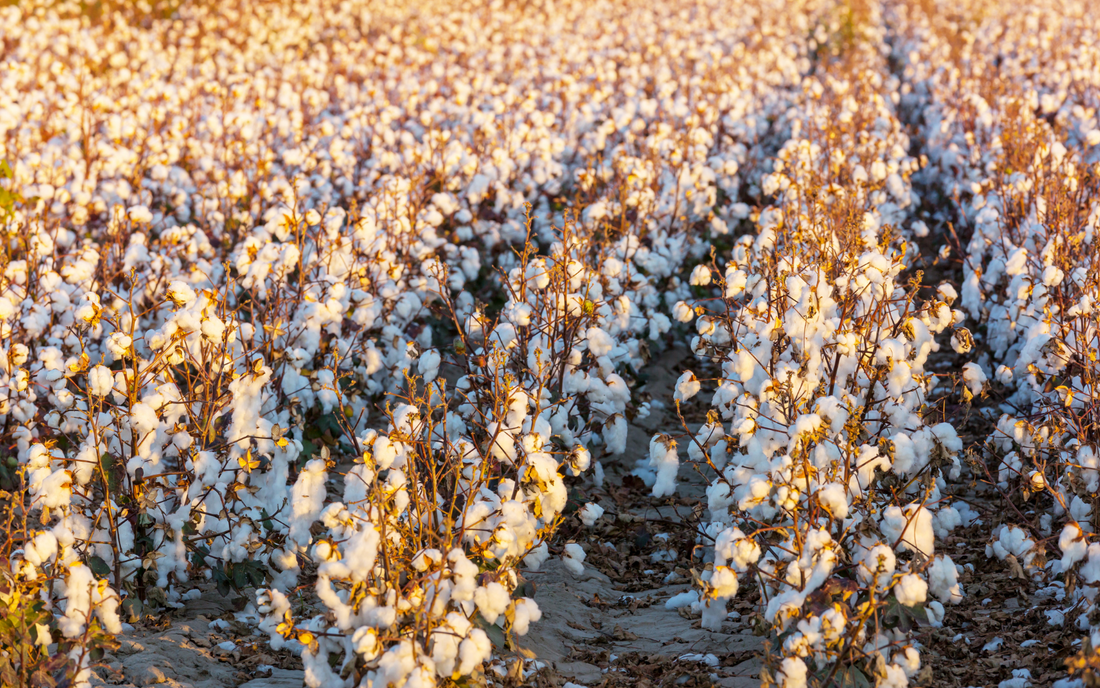Organic products do not have any chemical elements. They're derived from actual living organisms. This means the raw materials used to make organic tampons contain no fertilizers, insecticides, artificial colors, or even additional chemical compounds.
And for a product to be truly organic, all raw ingredients should be organic from production to the final product.
What Are Organic Tampons Composed Of?
Organic tampons are mainly made of cotton. The other materials used in manufacturing these tampons are also organic. To better understand the composition of tampons, let’s look at the international set standards for organic products;
Organic tampons are supposed to be made of purely grown cotton as recommended by the FDA. Farmers are not supposed to use any inorganic substances. Although cotton crops are attacked by pests and insects which tend to destroy the crop yields, the cotton making the tampons should use organic ways to deal with pests and insects.
Additionally, organic tampons should be free from hormone-disrupting chemicals. While, a lot of inorganic tampons usually have additional scents or fragrances to give them a fresh scent, organic tampons should not have such scented chemicals.
When tampons are bleached with chlorine, it creates dioxin as a byproduct. Dioxin is a known carcinogen - a substance capable of causing cancer. Some of the products used in the manufacture of these scents are usually made up of chlorine products which is also carcinogenic. Being free of these chemical substances makes organic tampons healthy, safe and environmentally friendly.
As stated, organic tampons are normally made up of 100% pure organic non-GMO cotton. The reason why most organic tampons and organic products in general are more expensive is because of problems with insects and pests in the cotton field and low yields. They don't use GMO products like BT cotton which is a GMO product resistant to pests and diseases.
Some organic tampons are made with applicators. These applicators are made from biodegradable/sustainable or renewable plastic materials. Other applicators are made of biodegradable cardboard.
Everything in an organic tampon should be decomposable.
Conclusion
Organic tampons are toxic-free. Being organic products, you're protected from certain health problems associated with inorganic pads. Being chemical-free and organic, they're safe to both users and the environment. Tampons are used on one of the most sensitive parts of human body. If you love your environment and your health, you shouldn’t shy away from investing on these quality products.
References
- https://www.teenvogue.com/story/organic-tampons
- https://www.womenshealthmag.com/health/a26661269/organic-tampon-brands/
- https://www.umt.edu/ethics/debating%20science%20program/odc/Biotechnology/Alternatives/Bt%20Cotton1/default.php
- https://www.fda.gov/home
- https://www.global-standard.org/the-standard/general-description.html
- https://www.mayoclinic.org/diseases-conditions/toxic-shock-syndrome/symptoms-causes/syc-20355384


